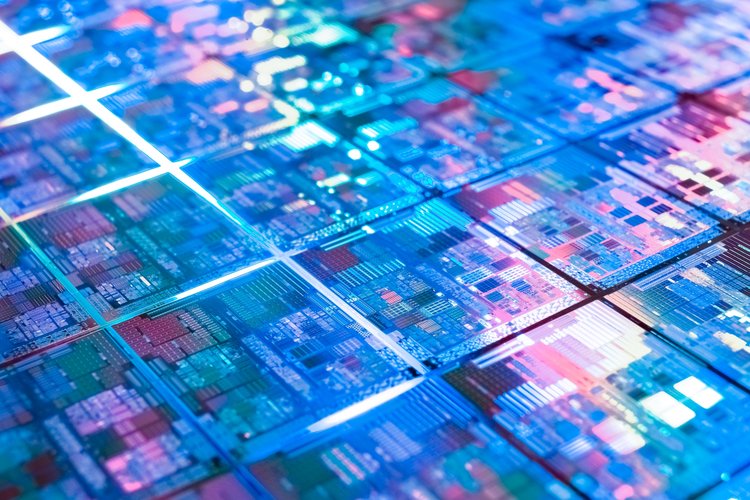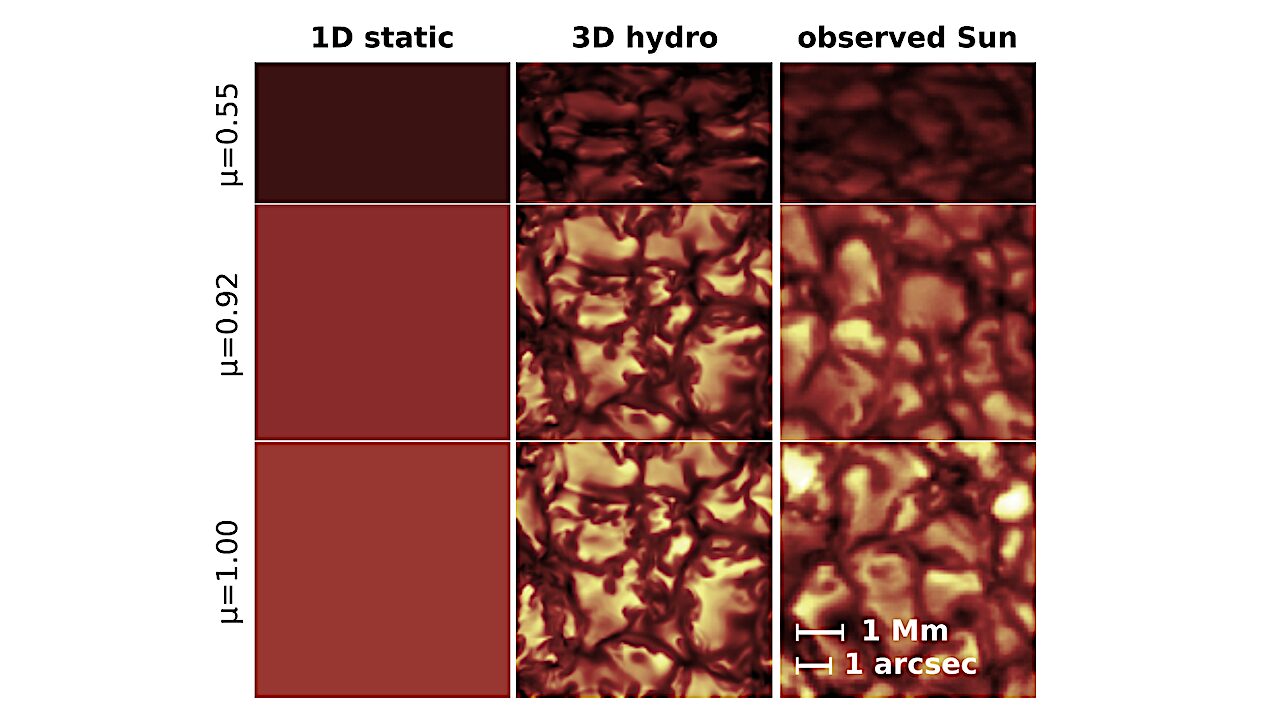Recent research from Perplexity has unveiled significant advancements in artificial intelligence (AI) inference capabilities, particularly on older chip architectures. This breakthrough indicates that high-performance AI tasks can be effectively executed without the necessity for the latest hardware, which has traditionally been dominated by Nvidia technologies.
The findings suggest that AI inference, which is crucial for applications ranging from natural language processing to computer vision, can achieve remarkable efficiency even on legacy systems. This development is particularly important for organizations operating within budget constraints, as it opens the door for broader access to advanced AI solutions without the need for costly hardware upgrades.
Research Highlights Efficiency Beyond Nvidia
The study conducted by Perplexity highlights that their innovative approach extends beyond Nvidia’s standard frameworks, demonstrating a successful implementation on AWS (Amazon Web Services) architecture. By optimizing software algorithms, Perplexity has shown that AI inference can be both cost-effective and efficient, allowing users to leverage existing hardware more effectively.
This shift could substantially impact the market dynamics of AI technologies. As companies look to enhance their AI capabilities, the ability to utilize older chips could lead to increased competition among hardware manufacturers. It may also encourage software developers to explore new avenues for optimizing AI algorithms to cater to diverse hardware configurations.
The implications of this research are profound. Organizations that previously felt constrained by the high costs associated with upgrading to the latest chips may now find themselves empowered to implement advanced AI strategies without significant financial strain. The potential for innovation in AI applications could significantly increase as a result.
Broader Implications for the AI Landscape
With the landscape of AI rapidly evolving, Perplexity’s findings could signal a transformative period for the industry. By enhancing the capabilities of existing hardware, the research encourages a more inclusive approach to AI technology deployment. This may ultimately lead to wider adoption of AI across various sectors, including healthcare, finance, and education.
As organizations begin to understand the benefits of leveraging older chip architectures, the demand for versatile AI solutions is likely to grow. The research underscores the importance of adaptability within the tech ecosystem, as companies strive to keep pace with the fast-evolving field of artificial intelligence.
Perplexity’s commitment to innovation is evident in its proactive approach to AI inference. By challenging the status quo set by major players like Nvidia, the company is paving the way for a more diverse and accessible AI landscape. These advancements not only promise to democratize AI technologies but also to foster a competitive environment that drives further innovation and efficiency across the board.
As the industry continues to adapt to these new realities, the importance of research and development in AI cannot be overstated. The ongoing exploration of AI capabilities on various hardware platforms will undoubtedly shape the future of technology, making it more accessible and efficient for all.







